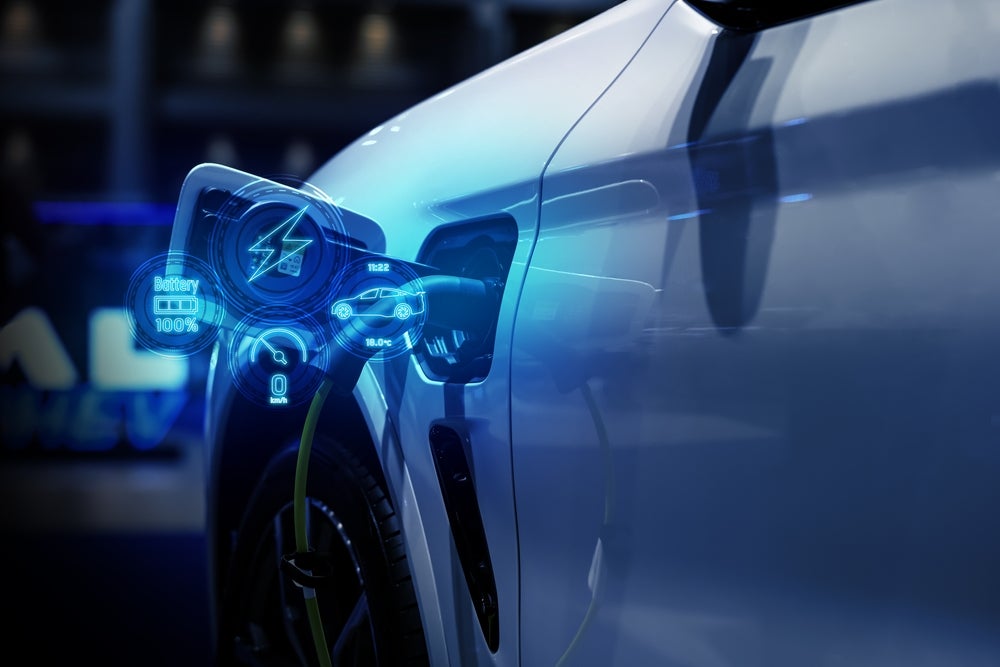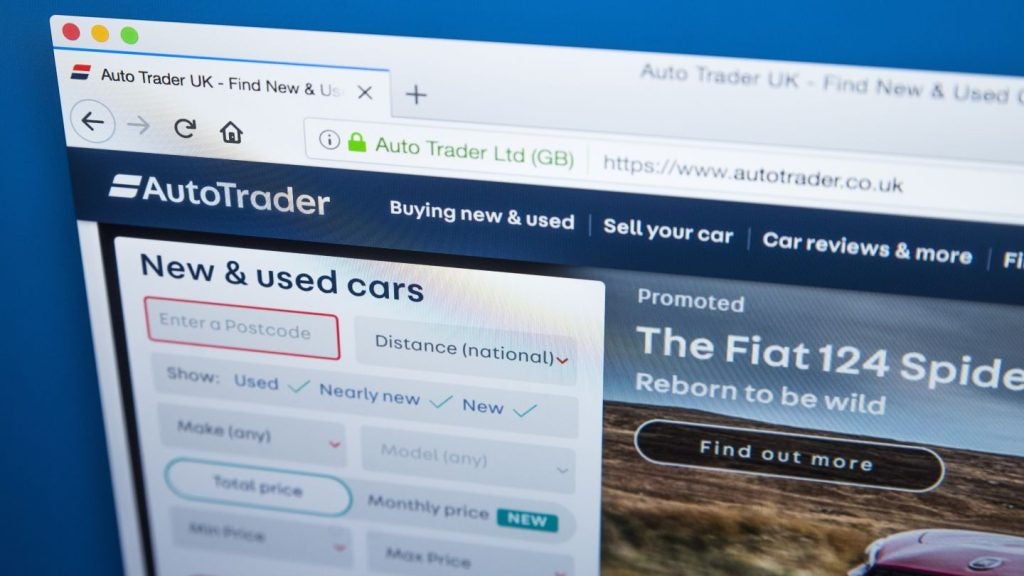
UK businesses are falling short of meeting employee expectations regarding Salary Sacrifice car schemes, according to new research from Volkswagen Financial Services (VWFS) Fleet.
The survey, which involved 2,000 UK-employed adults, uncovered a stark contrast between the availability of this workplace benefit and the growing demand for it among workers.
The findings reveal that only 32% of UK businesses currently offer a Salary Sacrifice car scheme, despite nearly half (48%) of employees expressing a desire for it as part of their benefits package. This discrepancy suggests that employers may be missing a crucial opportunity to align their offerings with employee preferences, particularly in the context of rising living costs and increasing interest in sustainable practices.
“A Salary Sacrifice car scheme—where an employee ‘sacrifices’ part of their gross (pre-tax) salary in exchange for a new vehicle—is a highly valued financial benefit for both prospective and existing workers,” explained Dan Wright, Product Manager at VWFS Fleet. Wright highlighted that the scheme not only provides employees with affordable access to new vehicles but also eliminates upfront payments and hidden costs, making it an attractive option for many.
Wright also noted that Salary Sacrifice schemes could play a pivotal role in driving sustainability by promoting the uptake of electric vehicles (EVs). He pointed out that the current Benefit-in-Kind (BiK) tax rate for EVs is just 2%, fixed until April 2025, and will only rise by 1% annually until 2028. This rate remains significantly lower than the anticipated BiK rate for petrol and diesel vehicles, which could exceed 30% by 2028.
The research further underscores the importance of sustainability in the workplace, especially among younger generations. According to VWFS Fleet, 79% of employees believe it is important for their employer to take proactive steps towards becoming a sustainable business.

US Tariffs are shifting - will you react or anticipate?
Don’t let policy changes catch you off guard. Stay proactive with real-time data and expert analysis.
By GlobalDataThis sentiment is particularly strong among Gen Z and Millennial workers, with recent research from Deloitte indicating that 55% of these employees research a company’s environmental impact before accepting a job. Moreover, over 40% of them have already changed or plan to change jobs due to concerns about their employer’s sustainability practices.
When examining specific sustainability priorities, the VWFS Fleet survey found that one-third (33%) of employees consider Salary Sacrifice the most appealing eco-friendly workplace benefit. Additionally, 75% of employees expressed a desire to reduce the emissions associated with their daily commute. Of those surveyed, 67% recognised that Salary Sacrifice schemes could provide affordable access to electric vehicles, and 65% understood the role these schemes play in reducing personal carbon footprints.
Wright stressed that businesses have a critical opportunity to enhance their employee benefits packages by incorporating Salary Sacrifice schemes. “Our research highlights the strong demand from employees for sustainable workplace benefits, with Salary Sacrifice being the most sought-after eco-friendly benefit for one-third of workers,” he said.
He added that offering such schemes could be a strategic move for businesses facing talent recruitment and retention challenges. “Salary Sacrifice provides workers with affordable access to a brand-new electric vehicle—a significant transition for many, but one that they may struggle to afford on their own. There is currently a substantial lag between employee demand for Salary Sacrifice and employer provision, presenting a crucial opportunity for employers to enhance their remuneration packages.”







